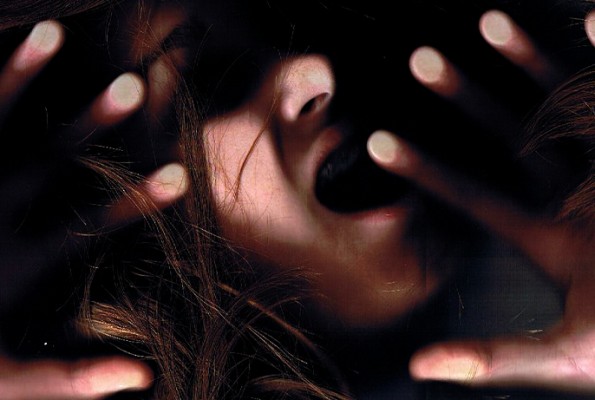
Being paralyzed, an atavistic terror for some, a doom for others, a transitory reality during sleep for the predisposed subjects. Sleep paralysis is a phenomenon that affects some people and consists of the impossibility to move, in spite of efforts and intentions. The paralysis occurs either at the beginning (hypnagogic paralysis) or at the end (hypnopompic paralysis) of sleep and it is due to the fact that – in a few words – the mind is awake but the body is not. During the REM sleep, the body prevents the muscles from responding to the controls given by the brain, thus protecting itself against rash gestures or accidental falls: what might happen if we dreamed of being in a swimming pool as dived from the bed? The feeling of not being able to move your muscles, of not managing to speak, of having breathing difficulties and the length perceived (which may last up to some minutes) are particularly anguishing experiences, which are often accompanied by visual, tactile and auditive hallucinations. In these cases, saying that paralysis in dreams is a real nightmare is certainly not inappropriate, since such hallucinations are often terrifying: evil presences, non-human beings, unsettling voices speaking at short distance, feeling of pressure on the chest, aggression or even sexual abuse. These hallucinations, which though only occur at the beginning of sleep, are the results – at least according to some researchers – of a mix of real and dreamed elements, a condition where the brain is cheated, since it believes it is awake whilst in reality it is sleeping. The causes of sleep paralysis The causes must be looked for in that particular mechanism that governs wakening and that – in some cases – it 'jams' and releases the brain but not the muscles. High stress often lays at the basis of these experiences. Who is suffering from it? According to some research run by Brian A. Sharpless, the subjects who are more exposed to it are those who suffer from panic attacks, the students and the psychiatric patients. Approximately 50% of the population (other statistics downsize the figure to 7.6%) would have such experience at least once in their life. What are the hallucinations due to? The feeling of having somebody or something on your chest may be due to the fact that awakening in paralysis conditions may lead a person to breath anxiously. Furthermore, hyperventilation reduces the amount of oxygen that reaches the brain and this may generate a state of special auditive sensitivity, where even the softest noise is amplified and sounds very loud. Thus, normal noises in the environment, squeaking, far voices may turn into doors being opened, steps on the stairs, mysterious whispering. The attempt to move during paralysis increase the awareness of muscular rigidity, of the blankets that wrap the body and of the sweat on the skin. All this may translate into the feeling of being blocked by foreign hands or by 'rubber membranes'. [M. Polidoro] How should we behave in case of sleep paralysis? Even if it is difficult, you should keep clam and try not to lose control, trying also to regularize your breathing. How to prevent it? Learning to relax is essential, since sleep paralysis is an irruption into the REM sleep that is sensibly linked to the quantity of stress. A regular practice of sport and breathing exercises are the best ways to rebalance life and dissipate the stress, but – within a general framework – healthy nutrition is essential to prevent sleep paralysis. In severe cases and for a pharmacological therapy, a specialized physician should be addressed. Not only science? Sleep paralysis is also linked to suggestions, such as lucid dream, alien abductions, ESP, astral travelling and different legends, amongst which those of Lilith or of S'Ammutadori.

